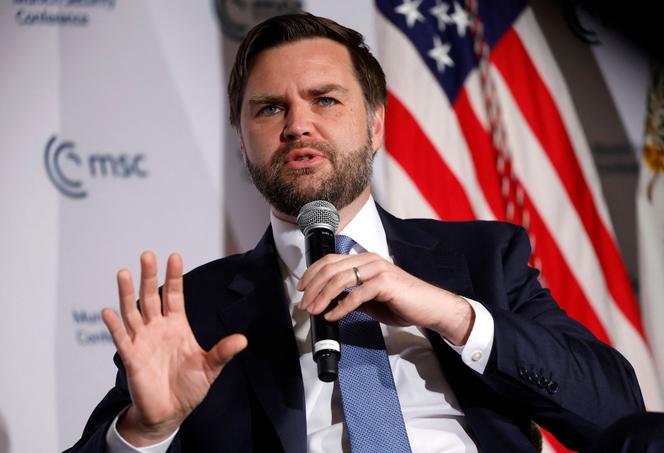


What was said in Munich stayed in Munich. US Vice President JD Vance caused a psychological shockwave in Europe on February 14, addressing participants at the Security Conference in a blunt manner. On Wednesday, May 7, he engaged in a much more conciliatory and affable Q&A session on foreign policy in Washington, during a meeting of the same organization. Vance staunchly defended, however, the key directions of the American administration, particularly its diplomatic efforts regarding two major issues: Ukraine and Iran.
The vice president tacitly acknowledged that the White House's effort for a full ceasefire between Kyiv and Moscow was hitting a brick wall. The idea of a 30-day halt to hostilities, accepted by Ukrainian President Volodymyr Zelensky, was rejected by the Kremlin. "The Russians said, 'A 30-day ceasefire is not in our strategic interest,'" noted Vance. "And we’ve moved from ceasefire and more on what the long-term settlement looks like and tried to consistently advance the ball."
Refusing to say that Moscow is not interested in a negotiated outcome, the former Ohio lawmaker admitted that the Russians are "asking for too much" at this stage. He also conceded that "it's impossible for [the US] to mediate entirely" by shuttling between the two capitals. "And in particular, the step that we would like to make right now is we would like both the Russians and the Ukrainians to actually agree on some basic guidelines for sitting down and talking to one another," Vance said. Washington is thus calling for direct negotiations.
You have 74.23% of this article left to read. The rest is for subscribers only.
